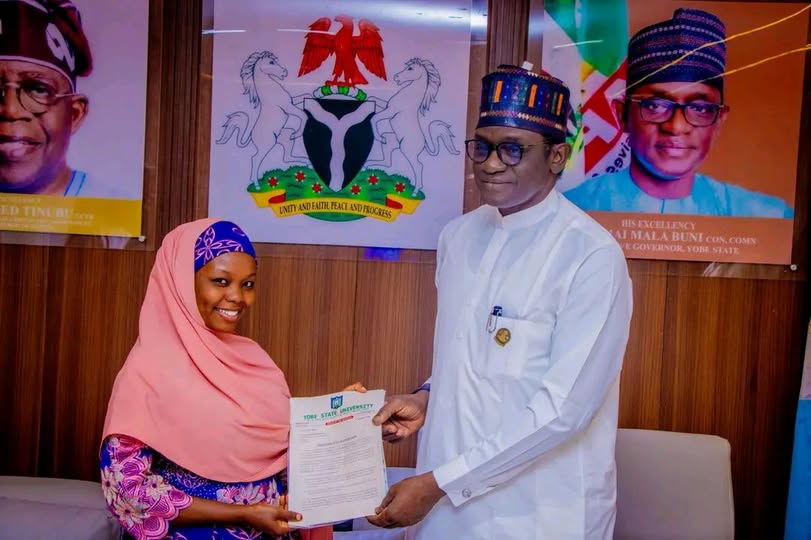IMF rules out global recession
Lagos Chamber of Commerce and Industry (LCCI) has called on the Federal Government to urgently review the country’s national trade policy in the light of rising global tariff tensions, declining oil prices, and shifting global economic trends.
The President of the LCCI, Gabriel Idahosa, who made the call yesterday in Lagos, warned that the country’s outdated trade framework was no longer good enough, especially as the country faced external shocks, such as U.S. tariffs and potential recession risks.
He said: “With Trump’s tariffs threatening Nigeria’s N323.96 billion non-oil, non-energy exports to the United States, we believe a strategic, measured and proactive response from the Nigerian government is imperative.”
He added that Nigeria must not only respond diplomatically to the current situation but also reform its trade policies to reflect current global realities, which includes aligning trade, tax, and customs regimes with World Trade Organisation (WTO) standards and strengthening the country’s position within the Africa Growth and Opportunity Act (AGOA) framework.
Idahosa noted that while the country’s oil and gas exports to the U.S. had been spared from the new 14 per cent tariff, the ripple effects had driven oil prices downward, a development that could further strain Nigeria’s foreign exchange earnings.
According to the LCCI president, to address the risks, a range of measures exist, including intensifying diplomatic efforts, expanding trade agreements with emerging markets, and aggressively promoting intra-African trade under the African Continental Free Trade Area (AfCFTA).
He also urged the Federal Government to incentivise local production and value addition in agriculture, mining and manufacturing sectors.
MEANWHILE, the International Monetary Fund (IMF) has said there will be no global recession following global trade tariff uncertainty.
The international economic group said in its forecast for the world economy that global share prices had dropped “as trade tensions flared”. It warned about an “erosion of trust” between countries.
However, it stopped short of predicting a worldwide recession, saying “our new growth projections will include notable markdowns, but not recession”.
The comments come as leaders and businesses respond to U.S. President Donald Trump’s “Liberation Day” tariffs announced on April 2.






